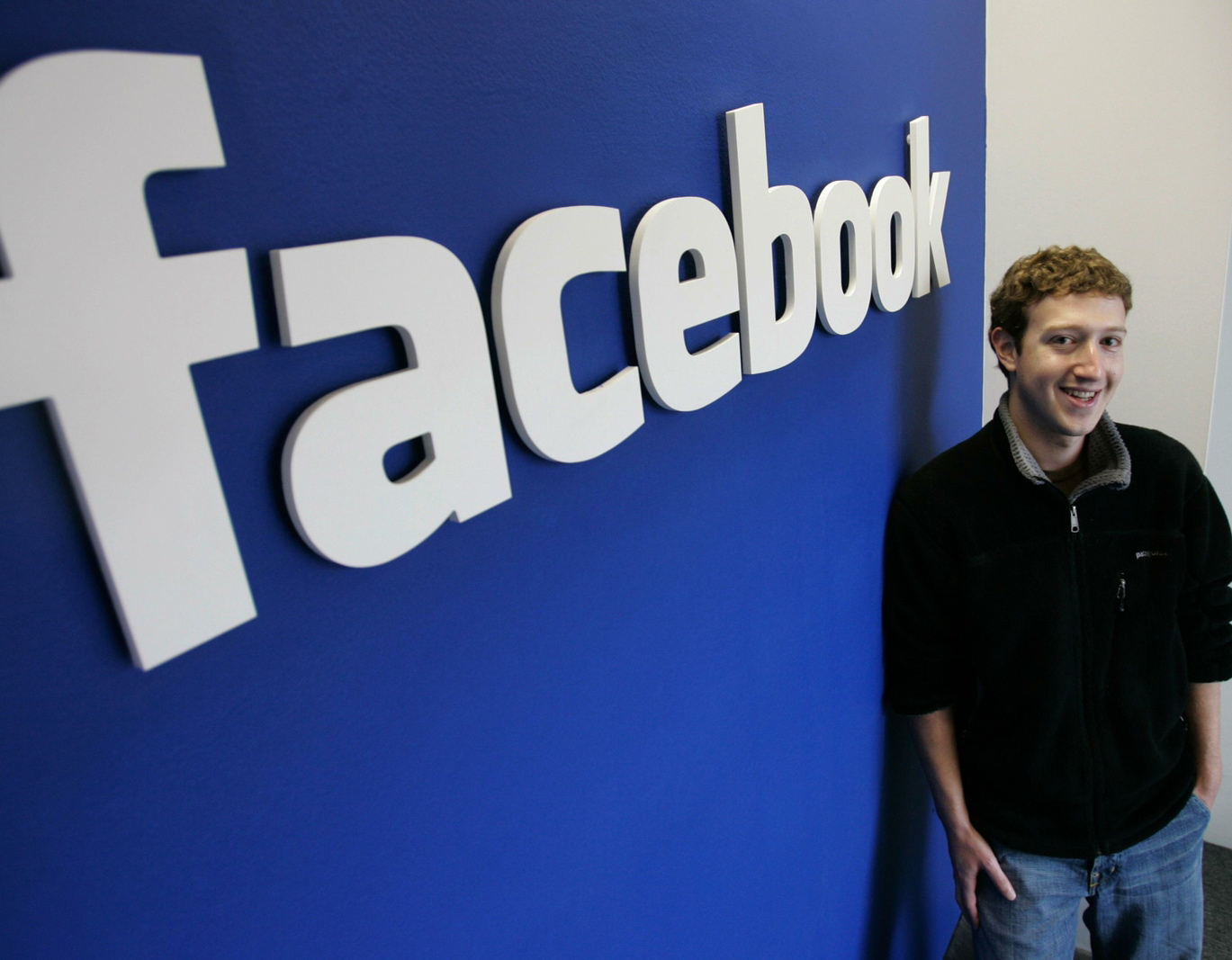Sometimes it seems that the true recipe for success in the high-tech industry is to abandon your college studies and become a billionaire by founding one of Silicon Valley’s leading technology firms. After all, Mark Zuckerberg dropped out of Harvard to found Facebook, located in Menlo Park. Steve Jobs dropped out of Reed College to found Apple, located in Cupertino. And countless other entrepreneurs, including Bill Gates, have seen incredible success from following the same strategy.
The question of course is whether this is typical – are most high-tech entrepreneurs young geniuses who didn’t need to hang around at school because they were already on their way to being fantastically wealthy? Is it a good idea to abandon your studies, go find a venture capitalist such as Rick Bolander, and make a compelling case why you are going to be the next great thing in the Bay Area?
A recent study by the Kauffman Foundation, a non-profit organization focused on education and entrepreneurship, showed that while Gates, Jobs and Zuckerberg may be perfect examples of the public’s perception of the high-tech CEO, they are not representative of technology entrepreneurs as a whole in Silicon Valley and elsewhere. Let’s look at some of the findings – they make interesting reading.
First, people who found a US technology company do so at an average age of 39. In fact, if you look at the age distribution, for every one person under the age of 25 who starts a high-tech company, there were two over the age of 50. Second, having a degree is the norm – 92% of tech founders have a Bachelor’s degree, 31% have a Master’s degree, and 10% have a PhD. Third, it turns out that no less than 52.3% of startups in Silicon Valley were founded by skilled immigrants in contrast to the myth that young undergraduates from Ivy League colleges dominate the technology landscape.
On the other hand, it is fair to say that top colleges do tend to produce more technology entrepreneurs than do other schools. Harvard, MIT, Stanford, the University of Pennsylvania and Berkeley are all in the top 10 when it comes to producing technology company founders, and Ivy League schools account for 8% in total. It also appears that those from Ivy League schools tend to found startups with higher revenues when compared to those from other colleges. It should be noted, however, that being an Ivy League school is no guarantee of making it into the top 10 – Yale, Princeton, Columbia, Brown, Dartmouth College and Cornell are nowhere to be seen.
There are no surprises when it comes to the subjects that technology founders study. Nearly half of them have degrees in science, technology, engineering or mathematics, and about one third of them have business, finance or accounting degrees. Having an MBA also seems to make a difference – it seems that those with an MBA tend to start up technology ventures at a younger age.


No comments yet.